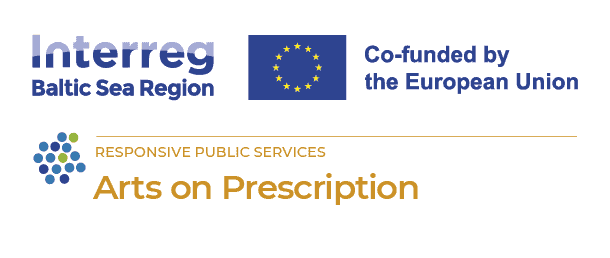
Social prescribing gains global momentum
21 June 2024
Social prescribing, an innovative approach that connects individuals to a range of non-clinical or non-therapy services and activities in their community, is gaining traction worldwide. This method enables healthcare providers – or in our Baltic model also social and other public service providers or even via self-referral options – to refer individuals to a variety of local, non-clinical services, such as physical activities, arts and culture programs, and social clubs, addressing both physical and mental health needs.
The recently released report, World Map of Global Developments in Social Prescribing Across Different Health System Contexts (© 2024 National Academy for Social Prescribing), offers a comprehensive overview of how this approach is being integrated into diverse health systems globally. The report highlights successful case studies, emerging practices, and the varying models of social prescribing implemented across different countries.
One of the initiatives detailed in the report is Arts on Prescription in the Baltic Sea Region, particularly the Danish case study. This program exemplifies the power of cultural engagement in promoting health and well-being. Key aspects of the Arts on Prescription approach in Denmark (and our other Arts on Prescription pilot regions in Germany, Latvia, Poland and Sweden) include:
- Integration with Healthcare: Healthcare providers collaborate with cultural organisations to create tailored arts-based interventions for patients.
- Community Engagement: Leveraging local art and cultural resources and involving community artists and cultural facilitators to deliver personalised creative experiences in group settings.
- Positive Outcomes: Evidence showing improvements in mental health, social connectivity, and overall quality of life for participants.
- Further reasons to invest in Arts on Prescription:
- reach people with otherwise undetected mental health problems
- alternative to conventional treatment
- likely cost-effective
- non-pharmacological approach
- can be de-stigmatizing
- can reduce loneliness and other non-clinical disorders
- real life setting as opposed to a clinical setting
- bridge to local living area and wider community
Other key findings from the report include:
United Kingdom: Leading with well-established social prescribing networks supported by the National Health Service (NHS). Initiatives focus on reducing healthcare burden and enhancing patient well-being through community engagement.
Canada and Australia: Developing robust frameworks for integrating social prescribing into primary care, emphasizing partnerships between healthcare providers and community organizations.
Asia and Africa: Emerging interest and pilot programs exploring how social prescribing can address unique health challenges and resource constraints in these regions.
The report underscores the importance of adapting social prescribing models to fit local contexts, highlighting innovative practices that can be scaled and tailored globally. As the world grapples with the increasing burden of chronic diseases and mental health issues, social prescribing – and our Baltic model Arts on Prescription – offers a promising complementary approach to conventional healthcare.





